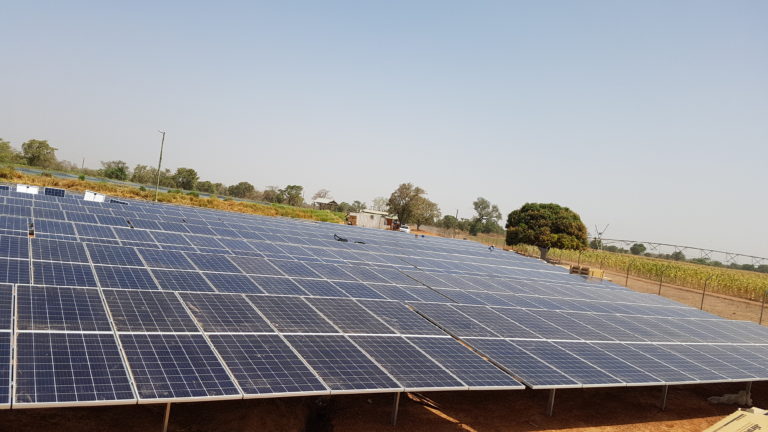Introduction
Energy poverty is a severe issue in Ghana, as a considerable section of the population lacks reliable access to modern energy services. This circumstance inhibits economic progress, education, and quality of life. In this blog article, we’ll explore the issue of energy poverty in Ghana and evaluate how renewable energy might offer sustainable solutions to this challenge.What is Energy Poverty?
Definition and Scope
Energy poverty in Ghana refers to the inability of many households and communities to obtain or buy reliable and clean electricity sources. This typically leads to reliance on traditional biomass fuels, which offer health and environmental problems.
Causes of Energy Poverty in Ghana
1. Economic Factors: Many Ghanaians suffer high energy expenses relative to their income, making it difficult to purchase reliable energy.2. Infrastructure Deficiencies: Remote and rural locations in Ghana sometimes lack the required infrastructure to supply energy services.
3. Policy and Governance Issues: Inadequate energy policies and regulatory challenges might increase access issues.
Impacts of Energy Poverty in Ghana
1. Health Implications: Many Ghanaians are exposed to indoor air pollution from burning traditional fuels like wood and charcoal, leading to respiratory difficulties.
2. Economic Consequences: Limited access to power inhibits small enterprises and economic development, hurting productivity and income.
3. Educational Barriers: Inadequate lighting and power for schools and houses impede educational opportunities for children and adults.
How Renewable Energy Can Address Energy Poverty in Ghana
Affordable and Accessible Solutions
Renewable energy technologies offer viable answers to energy poverty in Ghana. Here’s how they can make a difference:1. Solar Energy: Solar panels are increasingly affordable and can be put in both urban and rural regions, providing electricity where the grid is limited or non-existent.
2. Wind Energy: Ghana’s coastal regions have significant wind potential for small-scale wind turbines, which can provide power for local populations.
3. Biomass Energy: Utilizing agricultural and organic waste for energy can help manage waste and provide a sustainable fuel source, particularly in farming communities.
Case Studies in Ghana
1. Solar Projects: Initiatives like the "Solar Energy for Africa" initiative have successfully built solar systems in rural Ghana, improving access to power.
2. Wind Energy: Small-scale wind projects in coastal locations have begun to supplement local power supplies and generate renewable energy.
3. Biomass electricity: Projects transforming agricultural waste into electricity are helping to deliver cleaner and more reliable energy in farming communities.
Conclusion
Addressing energy poverty in Ghana demands a holistic approach, with renewable energy playing a crucial role. By developing renewable energy options, Ghana can increase access to electricity, enhance health and education results, and drive economic growth.







9 Comments
This comment has been removed by the author.
ReplyDelete🥲
DeletePlease feel free to comment
DeleteThe country urgently needs to transition to renewable energy for its sustainable development and betterment
ReplyDeleteThat's true
DeleteYeah
DeleteThis is very informative.
ReplyDeleteThanks
DeleteThis comment has been removed by the author.
ReplyDelete